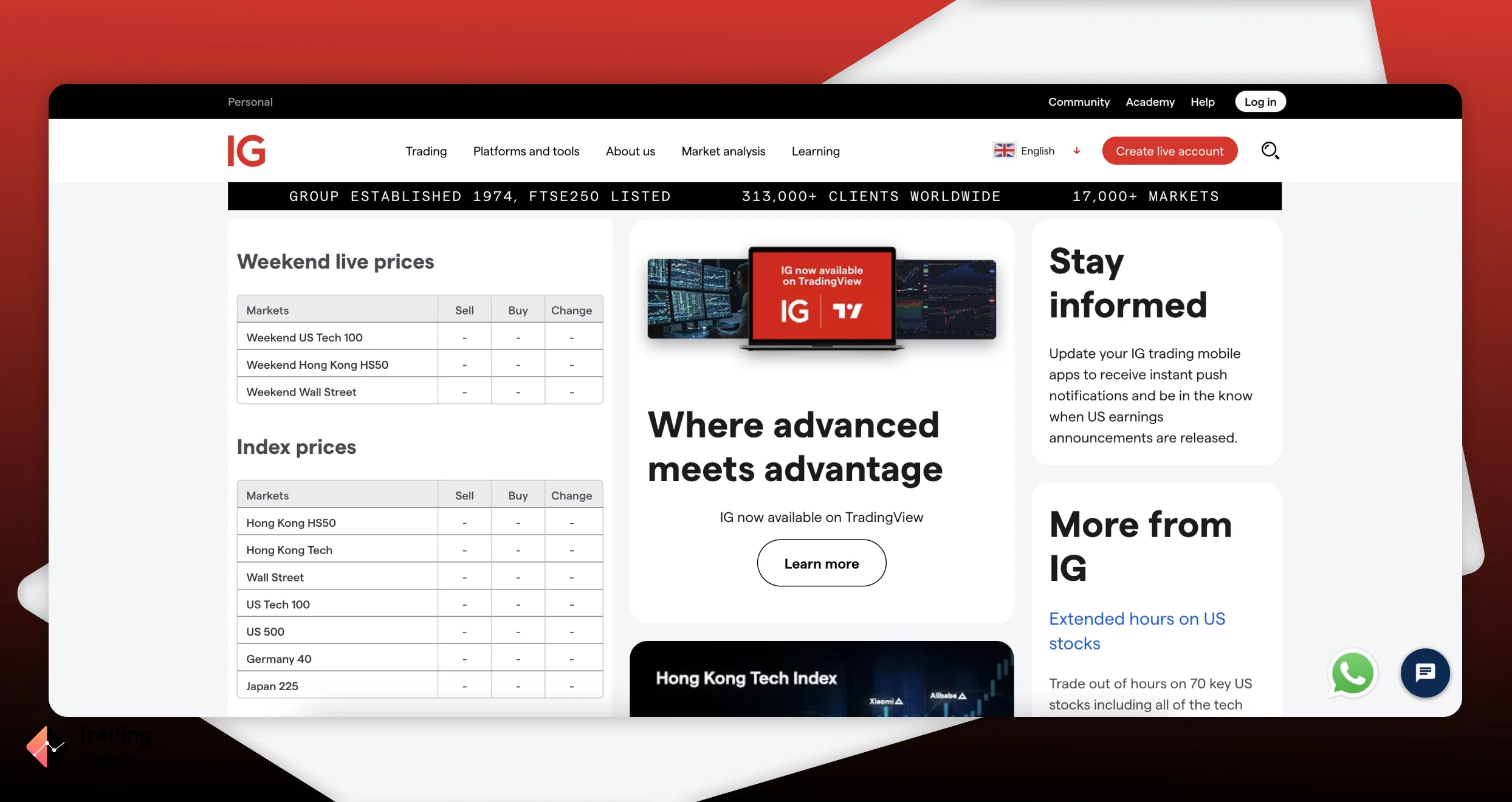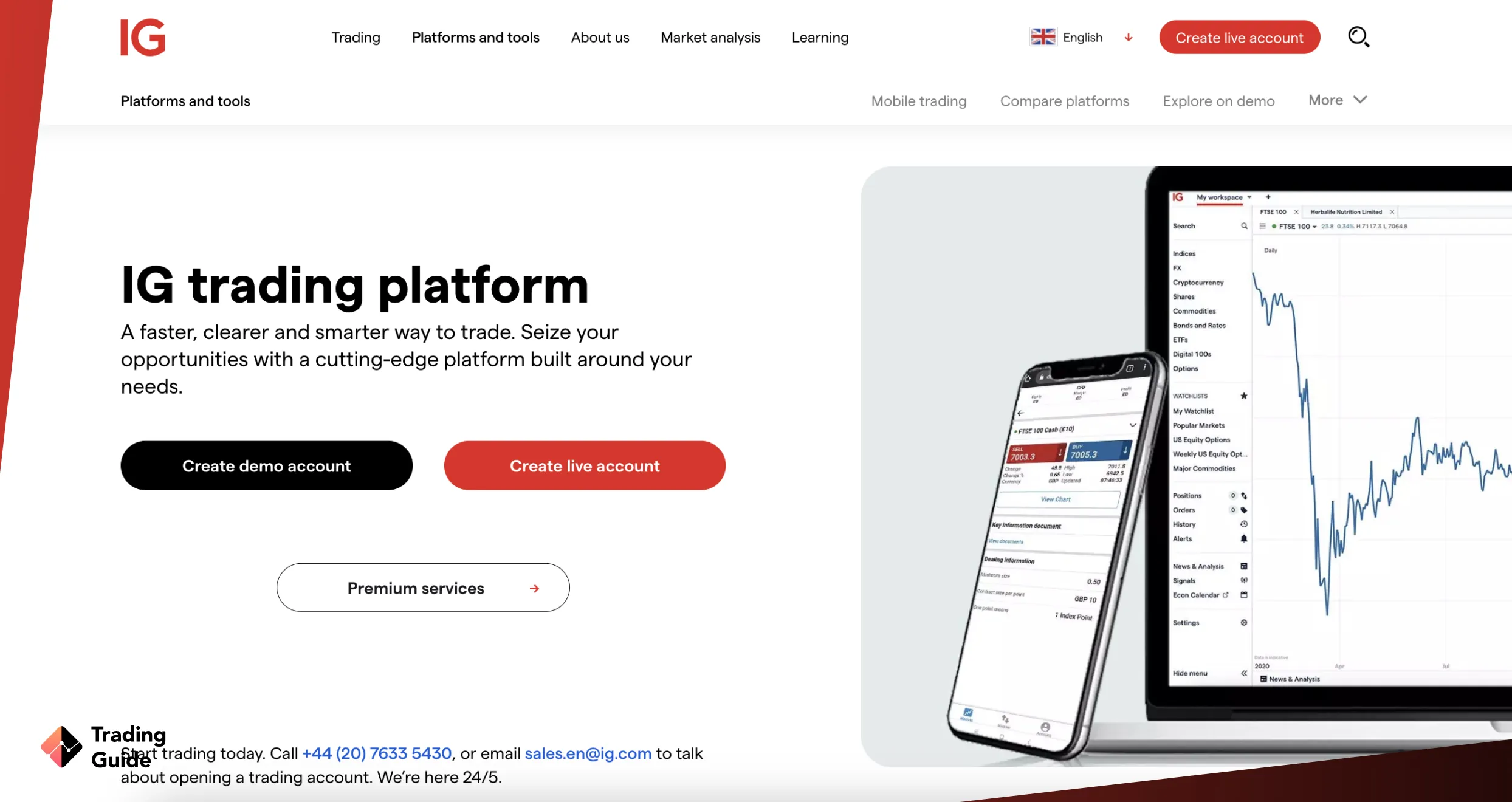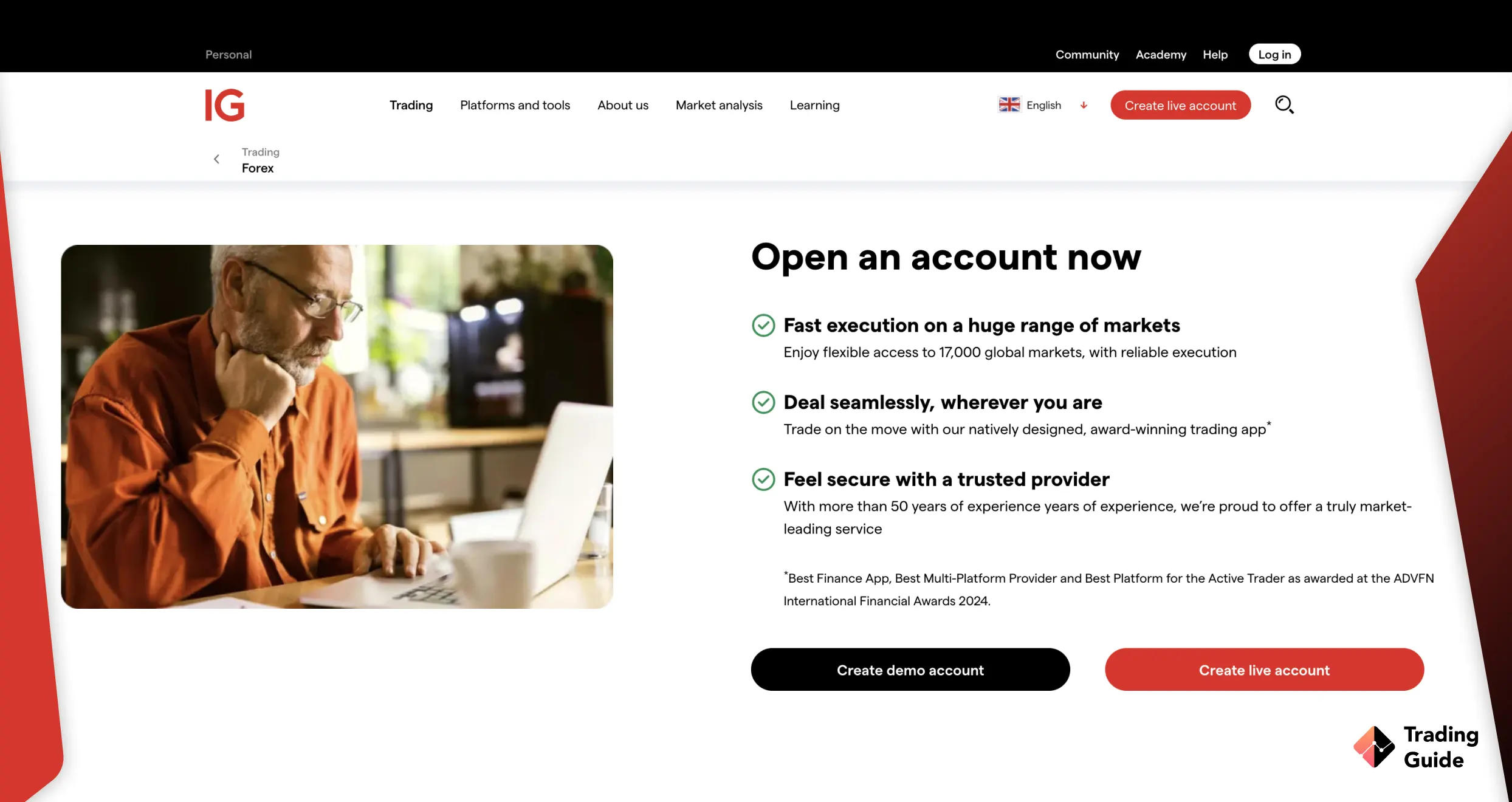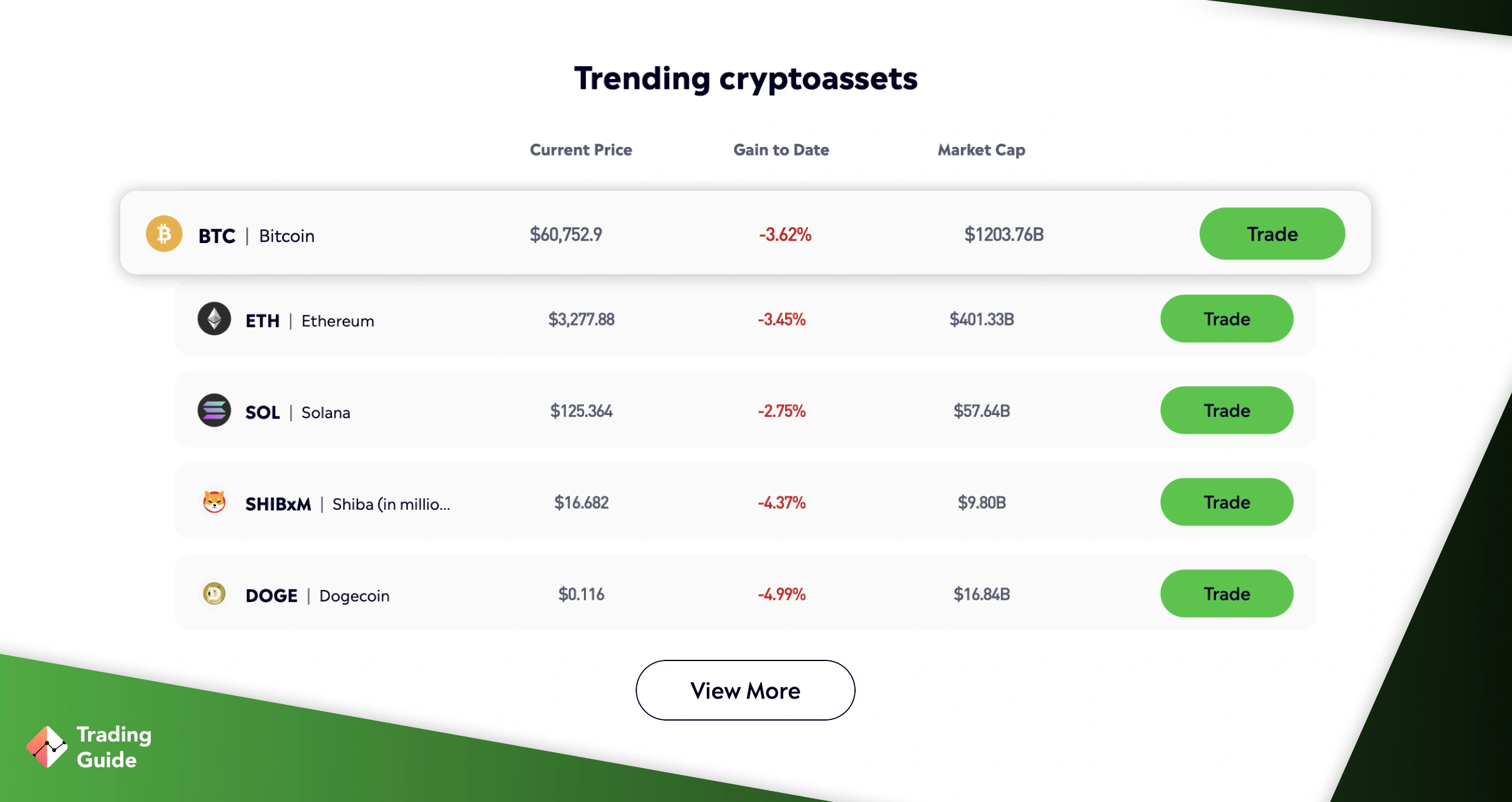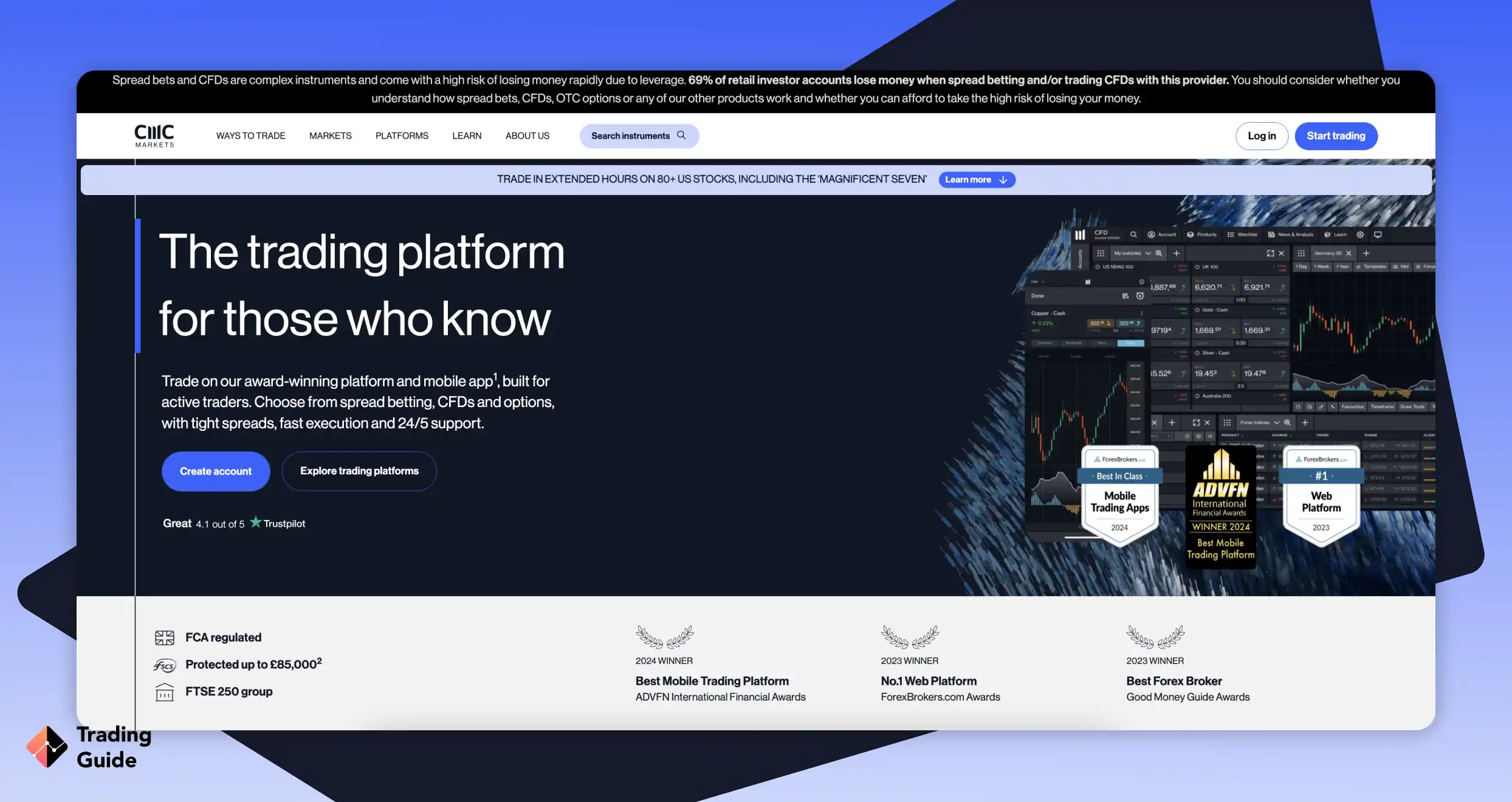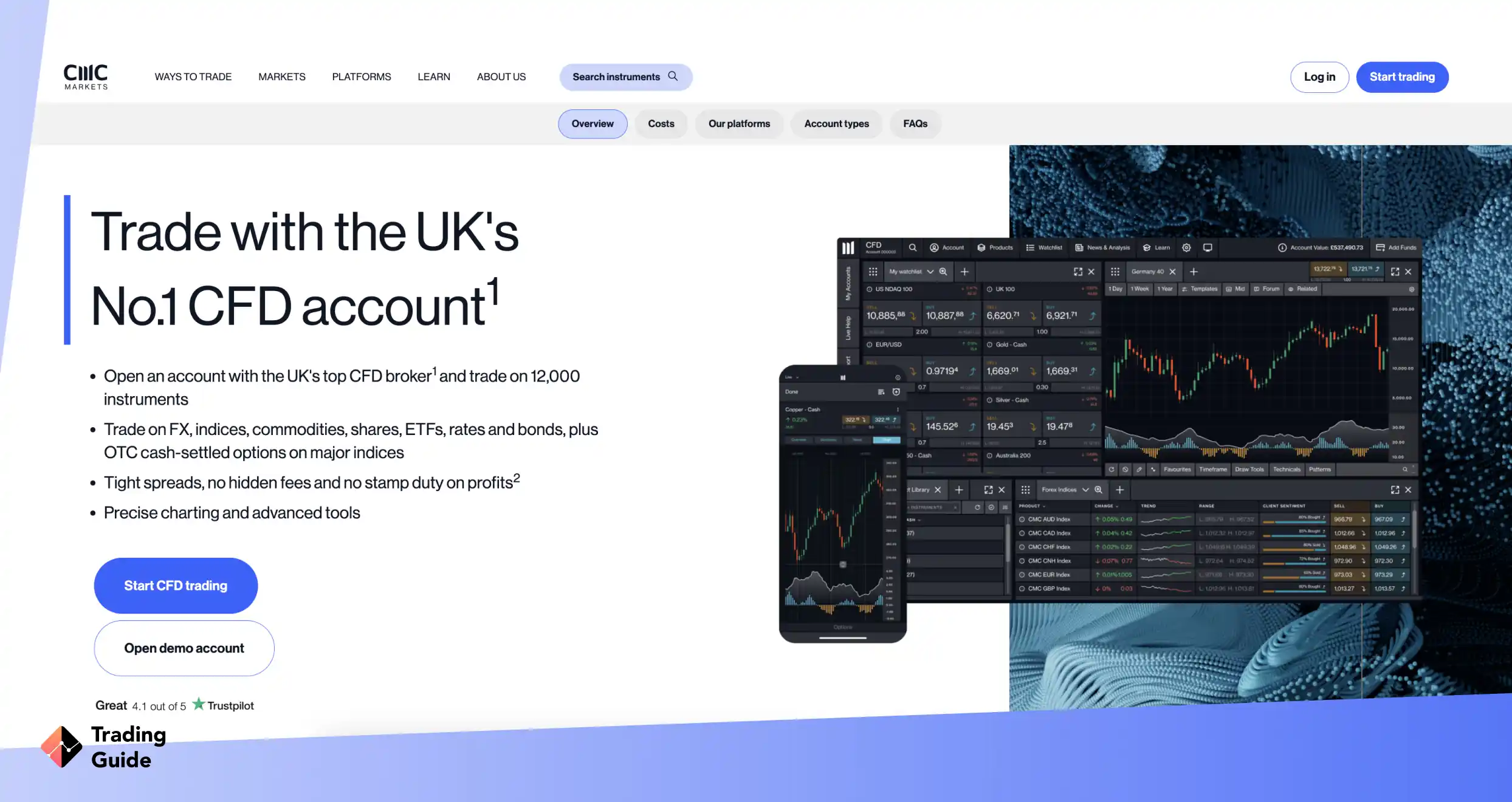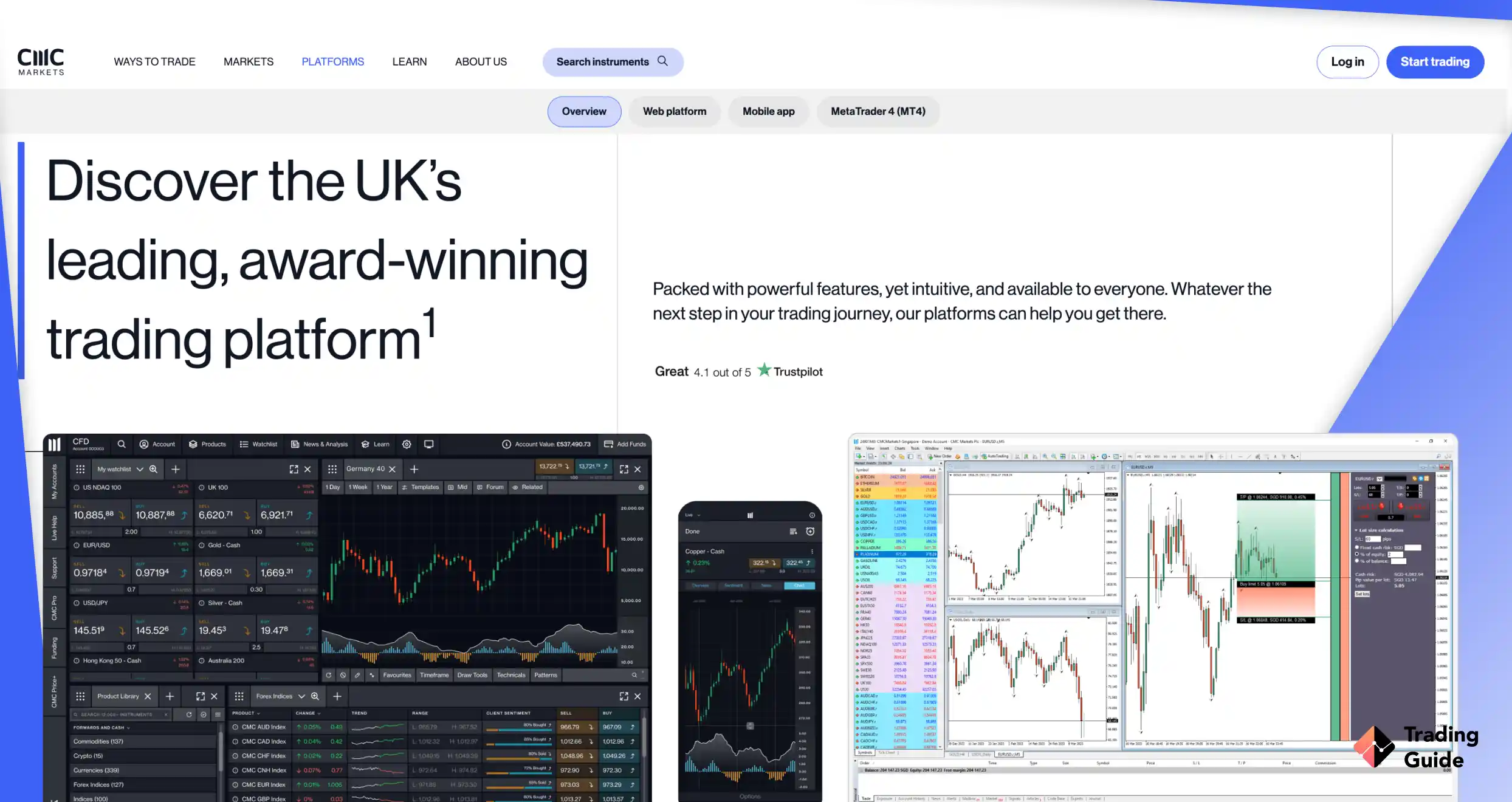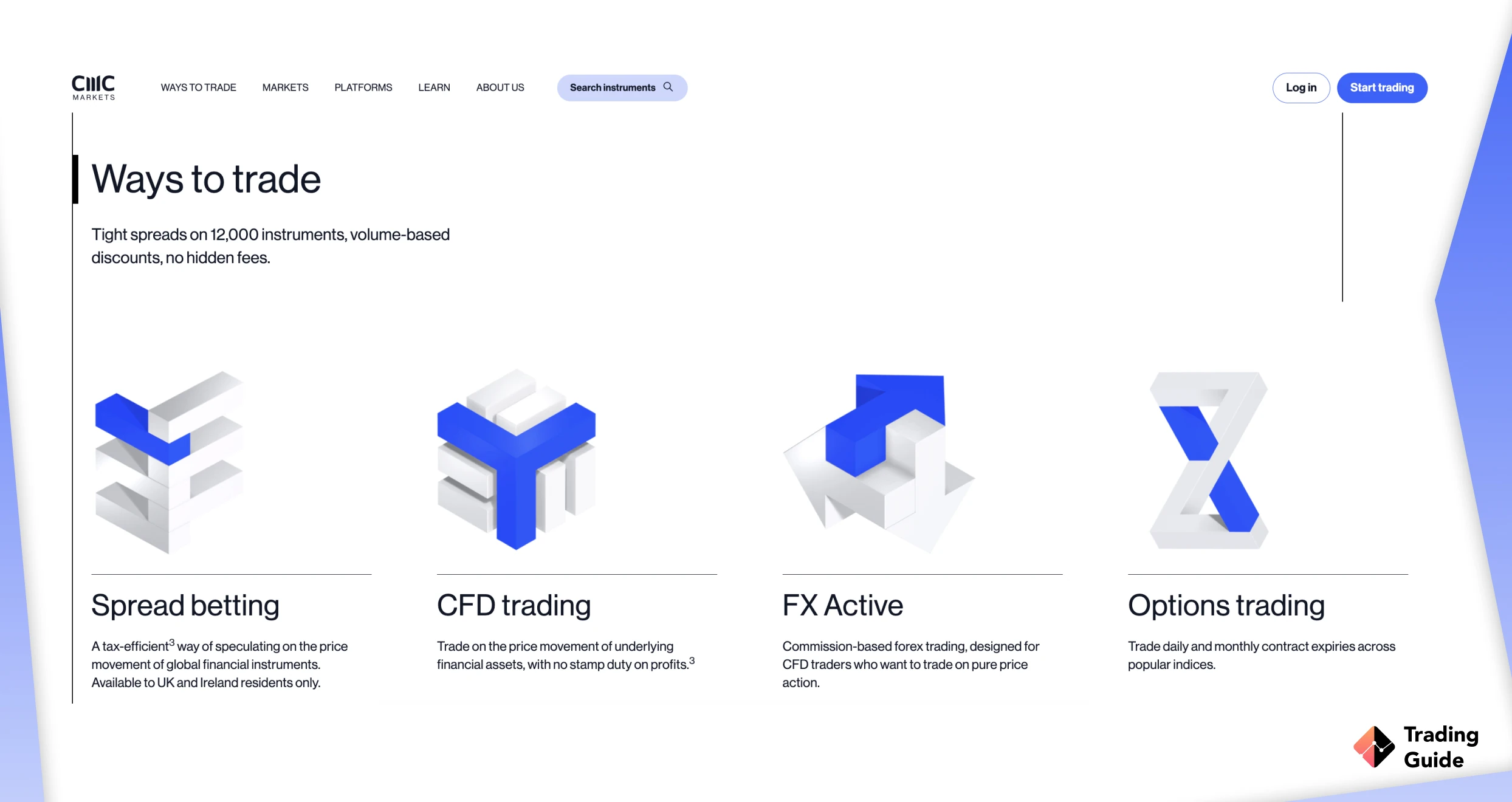Lloyds Banking Group is one of the most recognisable names in UK finance, with deep roots in the country’s high streets and savings culture. For new investors, however, navigating how to buy Lloyds shares can raise more questions than answers. From selecting the right broker to understanding the share price and dividend outlook, getting started requires more than just brand familiarity. This guide breaks down the essentials to help UK beginners approach LLOY with clarity and confidence.
How to Buy Lloyds Shares
Buying Lloyds shares is more accessible than ever, mainly due to the rise of user-friendly online trading platforms. Here’s how UK investors can get started with confidence.
Begin by opening an account with a reputable investment platform regulated by the Financial Conduct Authority (FCA). FCA regulation protects your money and keeps brokers in line with UK law.
When comparing platforms, consider the following:
- Access to the London Stock Exchange (LSE), where Lloyds (LLOY) is listed
- Low or no commission on UK share trades
- Intuitive design and strong customer support
- The option to invest via a Stocks and Shares ISA or SIPP for tax efficiency
Once you’ve chosen a broker, you’ll need to complete a registration process, which includes identity verification in line with UK anti-money laundering regulations. After that, fund your account using a bank transfer or debit card. Most platforms accept deposits starting from around £50.
Use the platform’s search function to locate Lloyds Banking Group. You can enter “LLOY” (its official ticker) or search by name. Make sure the listing is for the London Stock Exchange to avoid confusion with foreign listings.
Depending on the broker, you may be able to buy full or fractional shares. Fractional investing allows you to put in smaller sums, which can be helpful if you’re starting with a modest budget or wish to diversify early.
When buying shares, you’ll usually pick between two types of orders:
- Market order: This buys the shares at the current available price in the market.
- Limit order: This lets you set the highest price you’re willing to pay. The order only goes through if the share price matches or drops below your chosen limit.
Market orders are typically faster, but the final price you pay might differ slightly from what you see when placing the order. Limit orders offer more control over cost but aren’t guaranteed to execute straight away.
After the purchase, your Lloyds shares should appear in your investment account dashboard. Most platforms allow you to check your share value in real time, set price alerts, and view any dividends received.
Keeping an eye on your investments ensures you stay informed about market movements and can adjust your portfolio accordingly to align with your long-term plans.
Best Brokers to Invest in Lloyds in the UK
Several trusted platforms allow UK investors to buy Lloyds (LLOY) shares, but their features and costs vary significantly.
1. IG Markets
IG Markets is one of the UK’s oldest and most trusted trading platforms, offering direct access to Lloyds shares as well as contracts for difference (CFDs). With a strong reputation in professional circles, it’s a favourite among active investors who value research tools and robust execution.
Your capital is at risk
- Access to both share dealing and CFDs
- Advanced charting and analysis tools
- FCA-regulated with strong investor protection
- Demo account for practice
- £300 minimum deposit may be off-putting for beginners
- The platform can feel complex for beginners
2. eToro
eToro is a popular choice for beginners thanks to its easy-to-use platform and zero commission on UK share purchases. One of its standout features is CopyTrader, which allows users to automatically replicate the trades of more experienced investors, ideal for those new to the markets.
*A conversion fee may be applied as withdrawals and deposits are conducted in USD. Any other currency will have to be converted.
Disclaimer: eToro is a multi-asset platform which offers both investing in stocks and cryptoassets, as well as trading CFDs.
Please note that CFDs are complex instruments and come with a high risk of losing money rapidly due to leverage. {etoroCFDrisk}% of retail investor accounts lose money when trading CFDs with this provider. You should consider whether you understand how CFDs work, and whether you can afford to take the high risk of losing your money.
Zero commission means that no broker fee will be charged when opening or closing the position and does not apply to short or leveraged positions. Other fees apply including FX fees on non-USD deposits and withdrawals. Your capital is at risk. For more information, click here.
- No commission on buying Lloyds shares
- £100 minimum deposit
- Beginner-friendly design
- Social trading features for learning by example
- Fractional share investing is supported
- £5 withdrawal fee
- Charges for currency conversion (platform operates in USD)
- Fewer research tools compared to more advanced platforms
3. CMC Markets
CMC Markets is a go-to choice for traders who prefer technical strategies. While it doesn’t offer direct share ownership, it provides Lloyds exposure via CFDs and spread bets. The platform stands out for its award-winning charting software and custom indicators.
- Powerful NextGeneration platform with deep charting tools
- Access to Lloyds through CFDs and spread betting
- MT4 support for advanced strategies
- No minimum deposit requirement
- No option for direct share ownership
- Spread betting and CFDs carry a higher risk
- Not suitable for dividend-seeking investors
All three brokers are FCA-regulated and offer different routes to gaining exposure to Lloyd’s. The right choice depends on your trading style, whether you prefer direct ownership or derivatives, and how much you’re willing to invest upfront.
Lon Lloyds Share Price Today
Lloyds shares are listed on the London Stock Exchange under the ticker symbol LLOY. Prices are quoted in pence, so a quote of 45.5p means one share costs 45.5 pence.
You can check the current price on our live chart below.
The Lloyds share price reacts to a combination of economic data and company-specific developments. Key factors include:
- Bank of England interest rate decisions
- UK inflation, employment, and consumer spending data
- Quarterly earnings updates from Lloyds
- Dividend announcements and payout changes
- General investor sentiment towards the UK banking sector
Most investment platforms and trading apps offer real-time price tracking and basic charting tools, helping you stay up to date.
About Lloyds Banking Group plc
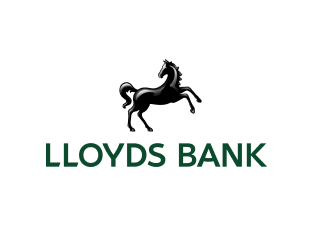
Lloyds Banking Group is one of the largest and most recognisable financial institutions in the UK. It was established in its current form in 2009, following the acquisition of HBOS by Lloyds TSB during the global financial crisis. Today, it operates several major banking brands, including Lloyds Bank, Halifax, Bank of Scotland, and Scottish Widows, an insurance and pensions provider.
Headquartered in London, the group employs more than 50,000 people and serves millions of customers across personal, business, and corporate banking.
Its core services include:
- Current and savings accounts for individuals
- Mortgage lending and personal loans
- Business and commercial banking services
- Life insurance, pensions, and investment products via Scottish Widows
Because of its strong UK focus, Lloyds is often seen as a bellwether for the broader British economy. This domestic exposure can be an advantage in periods of stability and growth, but it also means the bank’s performance tends to be more sensitive to UK-specific risks, such as interest rate changes, housing market trends, or political uncertainty.
Is Lloyds a Good Stock to Buy?
Lloyds can be a solid choice for some investors, but whether it suits you depends on your goals, how much risk you’re comfortable with, and what you think about the future of the UK economy. The bank has some clear strengths, though it also faces challenges like any large financial institution.
What Works in Lloyds’ Favour
- Regular dividends: Lloyds has resumed paying dividends after a pause during the pandemic. This appeals to investors who want steady income from their shares.
- Strong position in the UK: Lloyds is one of the biggest players in mortgages and savings accounts, giving it broad customer reach and market power.
- Focus on cost-cutting: The bank has reduced expenses by investing in digital services and closing underused branches, helping to improve its efficiency.
What to Watch Out For
- Tied to the UK economy: Because most of its business is in the UK, Lloyds is more affected by things like rising interest rates, inflation, or a slowdown in spending.
- Changes in regulation: Decisions by the Bank of England or new financial rules can affect how much the bank can lend or how much profit it can make.
- Digital competition: New app-based banks are attracting younger customers with modern features, which puts pressure on traditional banks like Lloyds to keep up.
Lloyds could suit long-term investors who want income through dividends and believe the UK economy will stay stable over time. But it’s not without risk. As with any single stock, it’s best seen as part of a wider, well-balanced portfolio rather than a one-stop solution.
FAQs
Most UK brokers allow you to start with as little as £1 if they offer fractional shares. If not, you’ll need enough to cover the cost of at least one full share plus any dealing fees. Always check your platform’s minimums before funding your account.
Yes, Lloyds pays dividends, typically twice a year. While the amounts can vary, the bank has resumed dividends post-pandemic and remains popular with income-focused investors. Dividend yields should be considered alongside overall performance.
You can monitor your holdings through your investment platform. Most apps show real-time prices, portfolio gains or losses, and dividend history. You can also follow LLOY on the LSE or check news from sources like the Financial Times or Bloomberg.
Log into your investment platform, navigate to your portfolio, and select Lloyds from your list of holdings. Choose “sell,” set the quantity and order type, and confirm. You’ll usually receive the funds within one to two days.
As with any single stock, risks include company-specific performance, economic downturns, regulatory changes and competition. For Lloyds, its UK-centric nature makes it particularly sensitive to local interest rates and housing market shifts.
Yes. Some platforms allow you to set up Junior ISAs or custodial accounts to buy shares for children. You can also gift shares using share transfer forms, though tax rules may apply. Always check the platform’s policies and HMRC guidelines.
Conclusion
Lloyds remains a core presence in UK markets, thanks to its strong brand, large retail footprint, and reliable dividend payouts. These qualities appeal to long-term investors looking for income and exposure to the domestic banking sector.
Its heavy focus on the UK economy, however, cuts both ways. Lloyds tends to benefit in times of growth but is also more vulnerable during slowdowns or policy shifts. For beginners, it offers a familiar name and straightforward business model, easier to follow than many global banks.
That said, recognition doesn’t replace research. Lloyds can be a sensible first investment, but it should be part of a broader, balanced portfolio.



